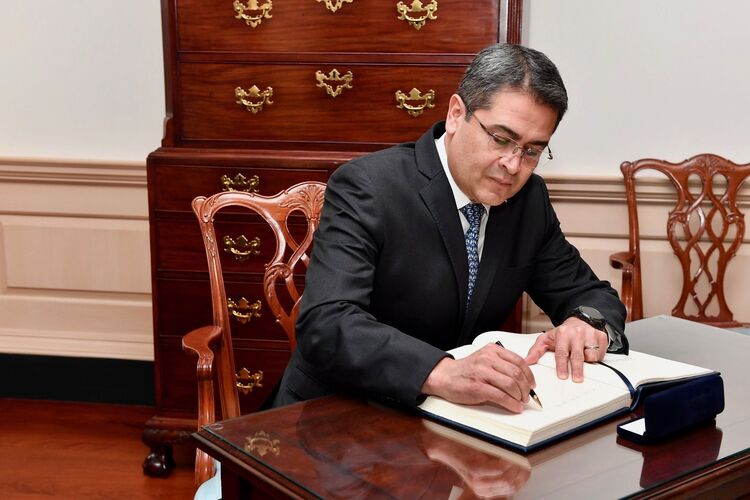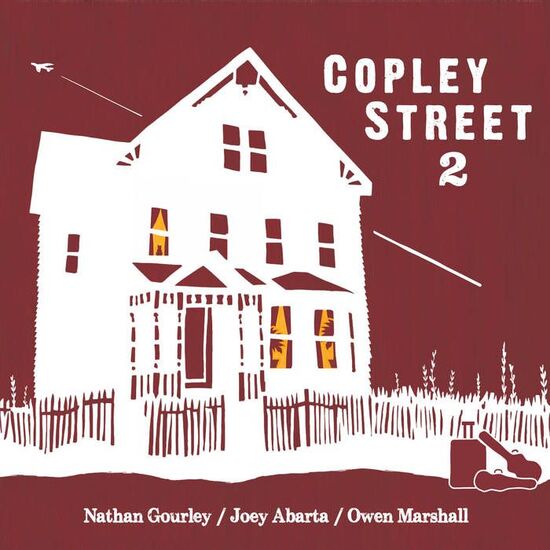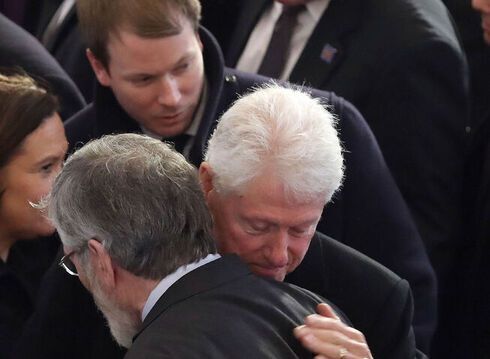[caption id="attachment_67423" align="aligncenter" width="600" caption="Daniel O'Connell. "]
In his speech at College Green outside Trinity College in Dublin last May, President Barack Obama noted the friendship that had developed over a century and a half ago between Frederick Douglass, an escaped American slave and abolitionist activist, and Daniel O'Connell, the leader at the time in the struggle for religious freedom and political independence in Ireland.
As an uncompromising opponent of slavery, O'Connell so identified with the cause of Douglass as to describe him as the "black O'Connell of America." O'Connell's opposition to slavery prompted him to refuse financial support for his own cause in Ireland from some Irish Americans who either supported slavery, or owned slaves.
He was criticized for interfering in American affairs by both Americans and other Irish nationalists, including Young Irelanders John Blake Dillon and Charles Gavan Duffy, who said he should concern himself only with Irish matters. This was just one of the instances which demonstrated that O'Connell, unlike so many historical figures in Irish history, had an international, rather than exclusively Irish, significance.
Interestingly enough, O'Connell is possibly less well known in America than many of those others, such as Parnell, de Valera, or Collins. Hopefully President Obama's reference will contribute to a greater appreciation and understanding of him.
O'Connell's greatest achievement was the gaining in 1829 of Catholic Emancipation, that is, the right of a Catholic to take a seat in parliament without having to take an oath depreciatory of his religion.
He achieved this goal not by violence, but rather by the then new techniques of mass democratic politics. He mobilized hundreds of thousands, if not millions, of politically non-enfranchised Irish Catholics, to march, protest, and support the few of their number who could vote, in efforts to return to parliament candidates supportive of the cause of admitting Catholics.
After a number of victories, he then took the bull by the horns and ran himself, won, and created a situation whereby the London government of the Irish-born Duke of Wellington had no choice but to accept Catholic Emancipation.
The secret of O'Connell's success, besides his own oratorical prowess, was his giving to his rank and file followers a sense of empowerment. He allowed them to be members of his mass organization by simply paying dues of "a farthing a week, a penny a month, and a shilling a year."
O'Connell's method of non-violent democratic activism would be paralleled in the twentieth century by Martin Luther King Jr. on behalf of African Americans.
While O'Connell was ultimately unable to achieve his other great objective, that of repealing the Act of Union and restoring a self-governing parliament to Ireland, he did secure important other objectives.
Those included the awarding of extensive public appointments to Irish Catholics from which they had hitherto been excluded, the broadening of the franchise in Ireland comparable to what was beginning in Britain, and a changed atmosphere by the governing authorities to regard the Irish Catholics as citizens rather than conquered subjects.
The legacy of 1916 and the subsequent War of Independence led to O'Connell's memory falling out of favor. But O'Connell's eclipse from public awareness was also accompanied by Ireland's falling into a period of international isolation, cultural provincialism, and economic stagnation.
The past thirty years has seen a revived interest in O'Connell in Ireland. This appreciation of his role is not unrelated to Ireland's emergence through both the European Community and the United Nations as a significant participant on the international scene. It also reflects Irish support of constitutional as opposed to violent politics, an option confirmed by the success of the peace process in Northern Ireland.
O'Connell's international significance is obvious in two areas in particular. Even if not acknowledged, O'Connell was the tutor in democratic political organizing for those of his countrymen who made their way to America. The astonishing climb from impoverished immigrant status to the mastery of urban political organizations and ultimately national importance by the Irish Americans is permanent evidence of the seminal roll of O'Connell.
But O'Connell also set the example for the Catholic populations of Europe, who in the century following his death, took a cue from his example in Ireland and began the process of involvement in democratic politics, rather than deferring to monarchical and aristocratic leadership. O'Connell has to be appreciated as an inspirer of what in the mid-twentieth century would be called the Christian Democratic movement.
While he was primarily concerned with the rights of his co-religionists, O'Connell was as committed to the liberties of others. He celebrated the process of religious disestablishment, even in Catholic states, and was an early advocate of the rights of Jews in Britain.
In 1846 a visiting Italian clergyman was so impressed when he heard O'Connell speak in the Westminster parliament that, thirty eight years later, as Pope Leo XIII, he consented to the request of an energetic pastor, Canon Timothy Brosnan, for permission to build a new parish church in honor of O'Connell in Cahersiveen, County Kerry.
That church, unusual in not being named after a canonized saint, the angels, the Blessed Virgin, or the Holy Trinity or any of its three Persons, would take another eighteen years to see completion and the celebration of its first Mass, four years after Brosnan's death.
The structure, of substantial, near cathedral proportions, was constructed in what was a relatively small town in a remote part of Ireland. But it is within walking distance of the birthplace of the man memorialized by it and is the center of South Kerry, which O'Connell always regarded as his home, and where, for his whole life, he spent as much time as he could.
The magnificent edifice was made possible by the contributions of the then relatively poor people of the area, along with support from Irish exiles all over the world, and significant ecclesiastical, political, commercial, and literary figures in Ireland and Britain.
Over the past few years the parishioners of the O'Connell Memorial Church, approximately a thousand families, have contributed generously, in spite of economic recession, to the restoration of the century old structure. Their efforts have financed the on-time completion of the exterior work, primarily roofing, stonework, windows, and rainwater goods.
Now the leaders of the parish are planning the development of an O'Connell Interpretive Center adjoining the church. They will seek the support of the many exiles from the area in the far-flung corners of the world as well as of numerous others, Irish and non-Irish, who are desirous of making a most appropriate gesture of admiration for a man whose message of liberty, constitutionalism, and human rights is as relevant today as it was in his own time.








